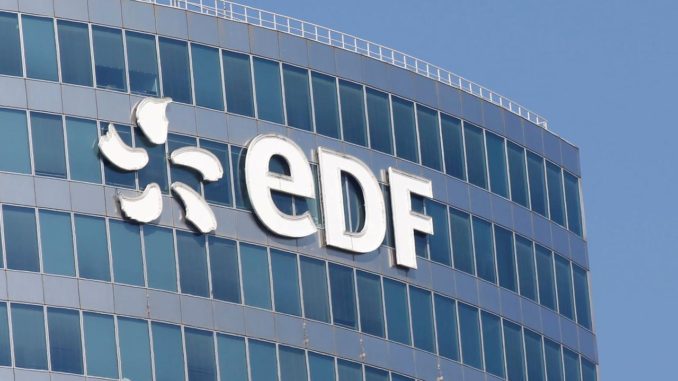
LAST week, Nigeria and the United Kingdom held the first Economic Development Forum (EDF) in Abuja. The event was designed to take stock of progress recorded as against the joint commitments made on the initiative launched by President Muhammadu Buhari and Prime Minister Theresa May in August 2018, to foster economic and development ties between their two countries.
The communiqué signed by Nigeria’s Minister of Industry, Trade and Investment, Okechukwu Enelamah, and his UK counterpart, Foreign Secretary Jeremy Hunt, covering the broad range of issues in their bilateral relations must itself come across as revealing. Among other highlights, it touched on ”the need to fast-track key regulation to deepen the insurance market, expand the digital economy and explore naira-denominated financial instruments in collaboration with the City of London”.
It made references to the need to ”accelerate progress on franchise regulation to facilitate British brands positioning and investments that deliver sustainable new jobs in Nigeria”. There were acknowledgements of the grounds already covered, chief among which is “sustained improvements in the efficiency of Nigeria’s international airports” hence the government of the United Kingdom’s ability to increase airfreight capacity of its national carriers, and, enable Nigeria’s non-oil exporters to reach third market destinations via London.
Then of course is the commitment of UK to provide more technical assistance in support of Nigeria’s efforts to diversify exports, attract investment and create jobs by improving the business environment, among other highlights.
Finally, it talks of Africa Investment Summit in the United Kingdom in 2020 and the opportunity to present a strong pipeline of investable projects in Nigeria, in partnership with British investors.
The United Kingdom is not just an important trading partner; it is a country with which Nigeria has enjoyed historic ties. There is therefore a lot that a sound trade policy can deliver to the two countries, provided that relations are strictly guided by fairness and reciprocity. The problem is that relations have tended to be one-sided over time in favour of the United Kingdom, which is why current discussions should avail them the opportunity to rebalance their trade relations. It is time to consign trade agreements that are no more than one-way fares to further impoverish the local economy to the past.
Which is where we find discussions about naira financial instrument at this time rather curious. What purpose will it achieve other than facilitate the consumption of foreign – in this instance – UK goods? Is it going to be any different from the currency swap with the Chinese? Will the proposal in the end reduce the billions of dollars annually carted away from our treasury on reinsurances, licences and other invisible financial services?
Nigeria obviously needs all the help it can get – in the area of investment in technology and capacity. We need urgent investments in infrastructure to boost our competitiveness. Not only that, we need technical assistance to standardise products, particularly those meant for the export market. We need a thriving national carrier in line with the spirit of our countless Bilateral Air Service Agreements. We need to stop being the destination of all manner of foreign manufactures.
This is where our national interest lies. We need all of these to generate employment for our teeming youth population. It is unfortunate that some 19 years after the African Growth and Opportunity Act (AGOA) came into being – a legislation designed to foster unhindered entry of sub-Saharan economies into the United States market – Nigeria is yet to master the intricacies of global trade. We worry that the United Kingdom has not only been most unhelpful but has tended to take advantage of our poor trade policies. The Federal Government should not fight shy of engaging the country on all of these. And the time is now.
END

Be the first to comment